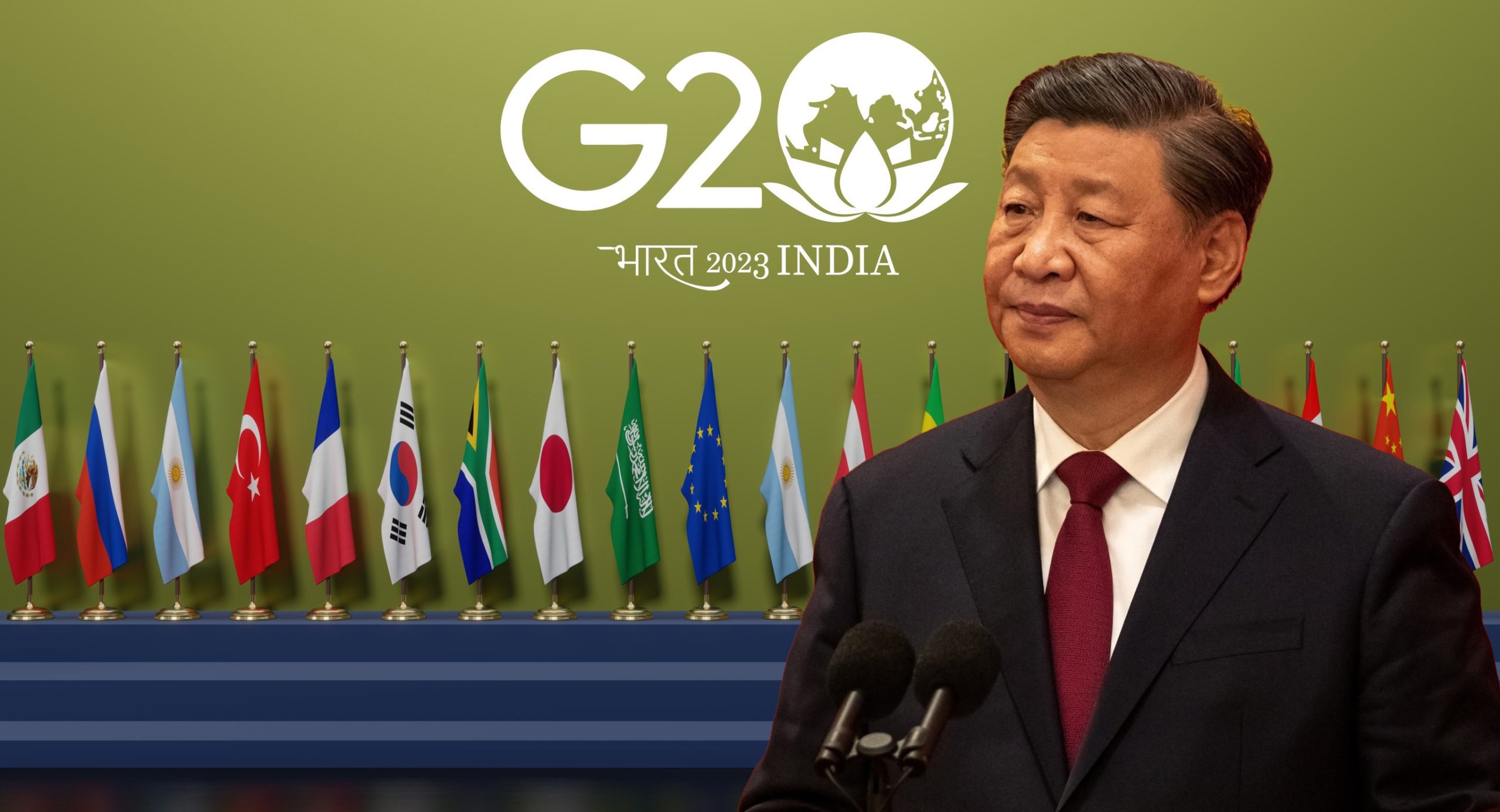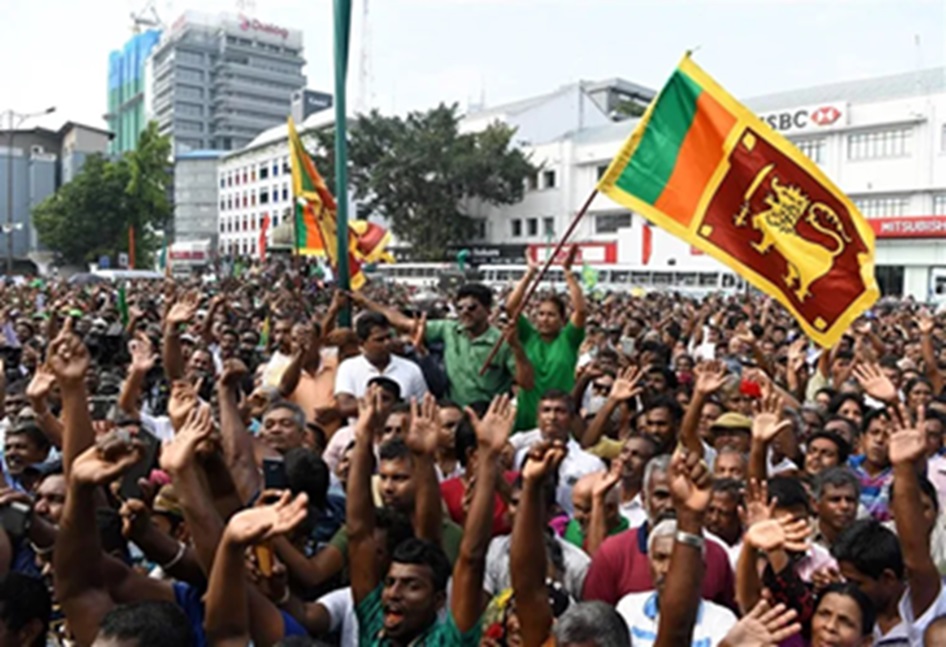To survive a crisis and win, we need to master the “Five Weapons To Deal With The Post-Pandemic World”. Rajat and Lynn knew about the Five Weapons. Rajat ignored them. Lynn honed them.
Storm On The Horizon
News item in September 2019 : Oil prices dip below US$ 40 per barrel
A news item in December 2019: IEA predicts a flattening of global energy demand
Viral blog post in December 2019: China doctor arrested for posting a video on ‘runaway virus’
A news item in January 2020: Wuhan locked down; virus rampages across region
A news item in February 2020: Thousands infected in Italy; virus sweeping into Europe
Having Sight, But No Vision
Rajat Chandra was a lucky man.
He had had a comfortable career so far. In his mid-thirties, Rajat was the Operations Manager in a reputed Maritime Services group headquartered in Singapore. He had just completed 5 years in the company and was well thought off, by his management and his team-mates.
Rajat was good at his job and knew enough to deliver steady outcomes. He was happy – he felt secure and stable.
A few months before, in November, the Managing Director nominated middle managers in Rajat’s company to attend a two-day training seminar on career management. Run by two former CEOs, who were now professional coaches, the seminar addressed various career issues and concerns. One of the sessions was on the Five Weapons professionals needed to survive a crisis and thrive in the corporate world.
The session described and discussed the Five Weapons –
- Situational Awareness
- Flexibility & Mobility
- Networking
- Strategy & Planning
- Continuous Learning
Rajat had enjoyed the seminar. He found the ‘Five Weapons’ session stimulating and fun, and the examples, both from historical and from current times, interesting.
But he also felt that he did not really need these weapons. The combination of security and stability had given birth to a new feeling – complacency.
Famous Last Words
“Why would I need weapons?” Rajat thought. He was part of a good company, where the leadership took care of and invested in the employees. And, he was doing well, and had been promoted a year ago, and was hoping for another promotion within the next couple of years. He got along with his boss, and his numbers were looking good.
“These Five Weapons are more for executives and managers who are either in companies not doing well, or who are not doing so well themselves,” Rajat thought. In fact, he had shared this opinion with one of his colleagues (and a good friend) Lynn Cheng.
“I don’t agree,” Lynn had replied, after hearing Rajat out. “I think all of us need to master these weapons. We have no control over the external environment, but we can prepare ourselves for the worst-case scenario so that we can survive a crisis.”
Rajat had laughed. “Lynn, what worst-case scenario? You know I read about global economics and finance all the time – the world is doing well, in fact never better! Why would I spend time mastering things I am never going to use?”
Lynn was insistent. “No, Rajat, those two CEOs were not fools. They did not sacrifice the one-fourth of the seminar to focus on things that we would not need. Did you know that this is a newly incorporated session? They evidently see something we don’t.”
“No way,” Rajat scoffed, “We are doing great, and nothing is going to change that!”
Prepare For The Unexpected
Lynn Cheng had also had a nice life so far.
She was 31 years old and was Deputy HR Manager. She had been with the company for a little longer than Rajat. Lynn had started as an HR Officer and had been promoted thrice in six years. She was that rare HR professional – trusted and liked by her colleagues.
Lynn was different from Rajat in one critical aspect. She knew that security and stability could be unpredictable and transient.
Lynn was completely energized by the career management seminar. Every session spoke to her, resonating with her own thoughts and opinions.
When she was younger, her father once quoted the then CEO of Intel, Andy Grove, to her :
“Success breeds Complacency. Complacency breeds Failure. Only the paranoid survive.”
The day after the seminar, Lynn started her journey to mastering the Five Weapons.
The Warrior’s Path
She first tackled Situational Awareness.
Lynn broke it into three parts – her company, her market and the general environment.
She read as much as could find about her company’s history, growth and performance. What she couldn’t find, she asked of her boss and colleagues. She spent some time with the CFO and understood the financial issues and stresses that the company was facing.
Lynn subscribed to various domain newsletters on the maritime sector. As she pored through these, she realized that the maritime industry was in bad shape. Hundreds of companies had closed down in the past few years, and even the remaining ones were financially teetering.
Then, she started browsing the internet on global issues – the increasing nationalism, the trade war between US and China, the struggles of emerging economies, the failures in world trade and cooperation.
Within two weeks, Lynn fully agreed with Andy Grove – “In such an environment, one definitely needs to be paranoid,’ she said to herself, “I will need to master the Five Weapons if I want to survive a crisis.”
Within four weeks, she realized that neither her nor Rajat’s jobs could be taken for granted. One misstep here or one change there, and the company would need to cut costs drastically.
In parallel, Lynn started planning her Strategy (and upgrading her Learning)
In her reading, she also learnt about the forces that were disrupting HR. During this, Lynn had come across a McKinsey article on how 40% of HR jobs in the future would be done by computers and bots. She agreed with the article – “Much of what we do is repetitive and patterned,” she thought, “So easy to digitalize.”
She realized that some parts of HR – talent management, performance management, employee engagement – would be difficult to offshore or digitalize. “If I want to continue in HR and survive a crisis, I will need to become an expert in these areas,” she said to herself.
Lynn looked for and joined two HR professional forums so that we could keep track of the state of the art and find avenues to learn and develop herself.
She visited a career counsellor. “What areas, other than HR, can my current capabilities and competencies help me excel in?” she asked.
Lynn had always been good at Networking.
Now, she bumped it into high gear. Within 6 weeks, she had got to know and interact with more than 50 managers and leaders in the HR world through the forums.
A close friend advised her to develop her social media profile. With some help, she started writing a weekly blog on HR issues and inviting her friends, colleagues and acquaintances to contribute and engage.
Lynn also started a new initiative – she started calling on and meeting with HR and non-HR managers in the various organizations in her building. There were more than 100 companies, and she planned to build at least one relationship in each company in the next 6-7 months.
Finally, Lynn evaluated her personal situation, to see how Flexible she really was.
She totaled up her assets, calculated her monthly outgo, spoke to her parents about their needs, consulted a wealth manager friend. Lynn quickly learnt that she had not given her own financial security enough priority in the past. Being flexible, she realized, was to a large extent, an outcome of being financially independent.
Lynn calculated that she had enough to sustain herself for about 9-12 months. But that was not sufficient. To be able to survive a crisis, she needed to be able to sustain at least 24-26 months.
She sat with her (newly appointed) wealth manager and put in place a new approach. Together, they laid out specific goals to achieve and decided on a savings and investment plan to reach this soon. She also enlisted for an online course in personal investing.
By March 2020, Lynn was well on her way to achieving most of her milestones, if not her goals. She felt much more confident that she could survive a crisis now, but did not allow herself to become complacent.
Tragedy Strikes
On 15 April 2020, both Rajat Chandra and Lynn Cheng received notices of termination with immediate effect.
“The Company is unable to sustain its current operations, and regretfully needs to seek judicial protection,” said the letters.
Rajat was shocked and flabbergasted.
Lynn was saddened. But not surprised.
You Shall Reap What You Sow
Today, four months later, Rajat is at home, applying for jobs. His savings are gradually running out. He now suffers from hypertension and is on medication.
Meanwhile, Lynn is Talent Management Specialist in one of the top e-commerce companies in the world. She earns 30% more than what she did previously.
Lynn is not resting, however. She continues to hone her Five Weapons.
- Situational Awareness
- Flexibility & Mobility
- Networking
- Strategy & Planning
- Continuous Learning
Lynn knows that success is never final. That she has to be armed and ready for the next shock, the next upheaval.
Lynn is not just a survivor. She is a winner.
As you can be, if you master the Five Weapons…
If you are more Rajat than Lynn, start learning how to wield the Five Weapons NOW. If you are more Lynn than Rajat, help me share these principles with your colleagues and friends, so that they may prepare themselves before it is too late.
Title image courtesy: https://blog.vantagecircle.com/guide-to-crisis-management/
Disclaimer: The views and opinions expressed by the author do not necessarily reflect the views of the Government of India and Defence Research and Studies
Article courtesy: Subject article originally published at: http://www.radicaladvice.net/blog/








